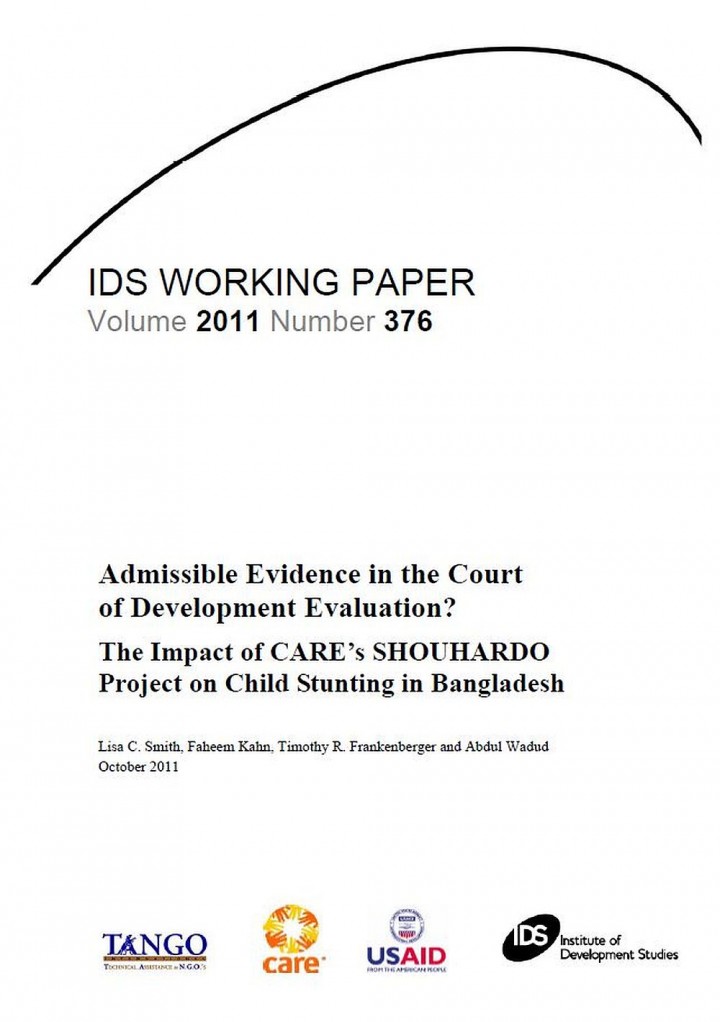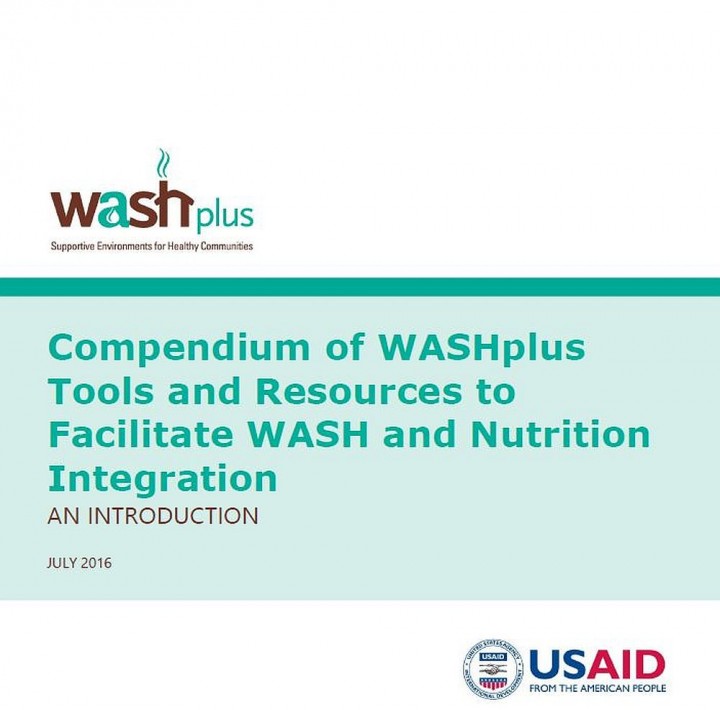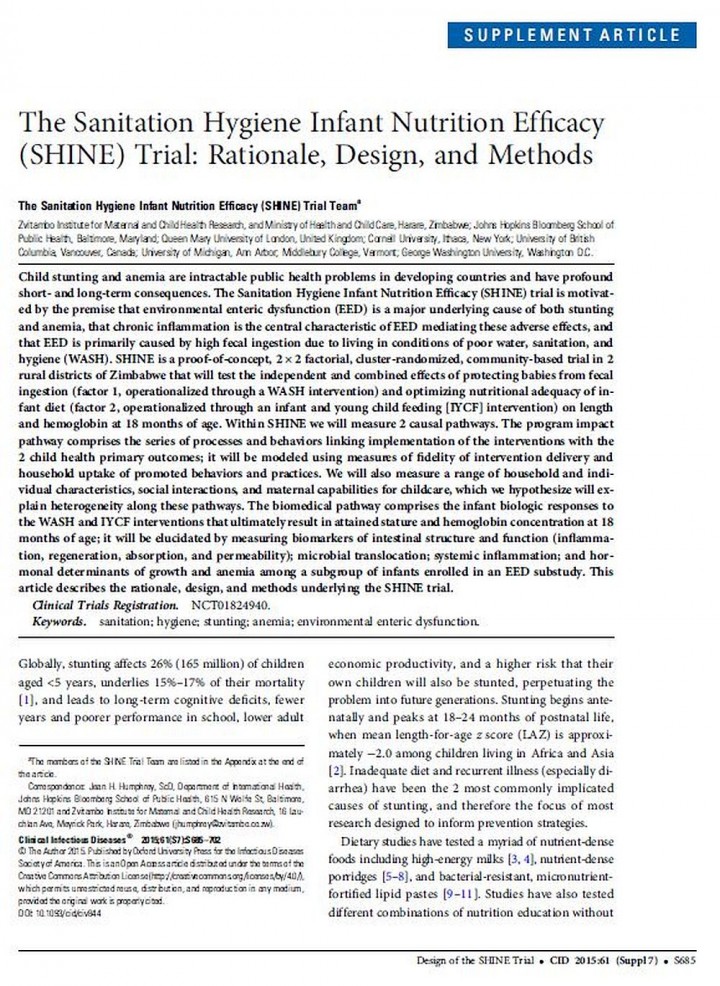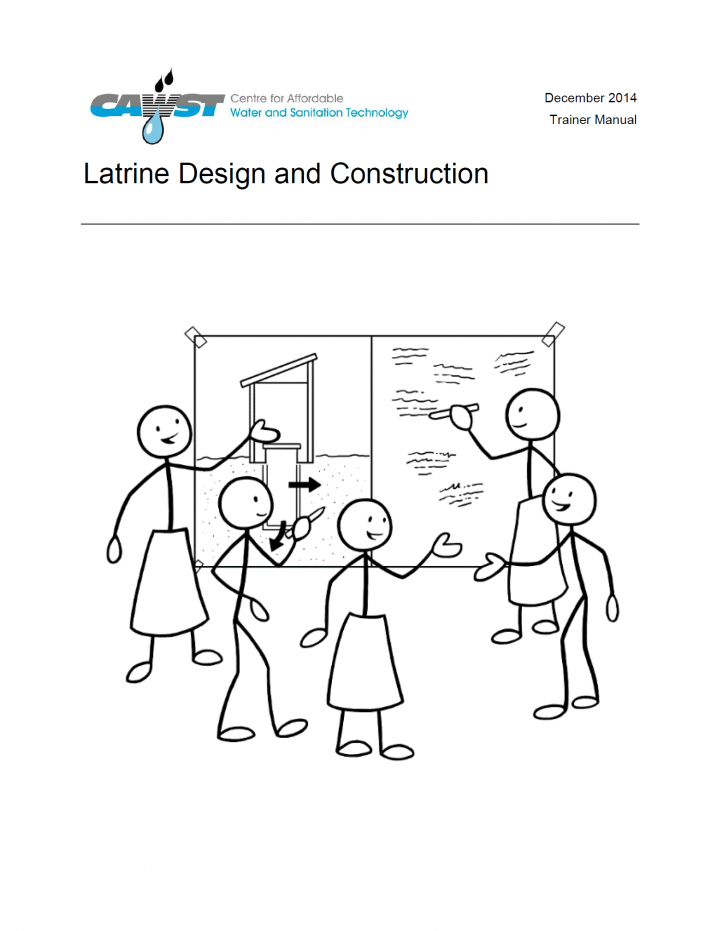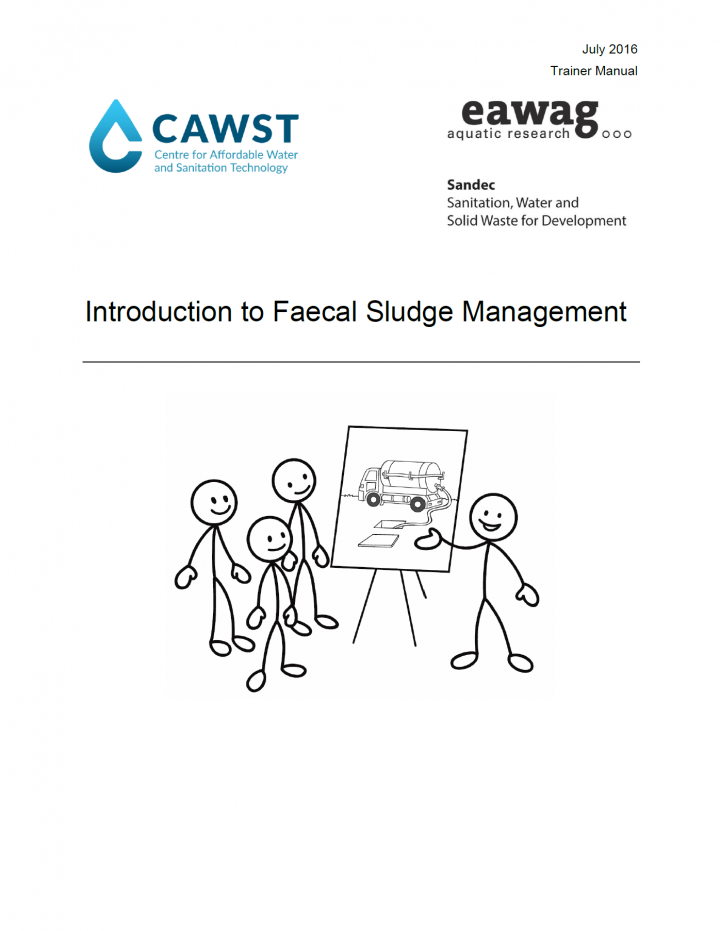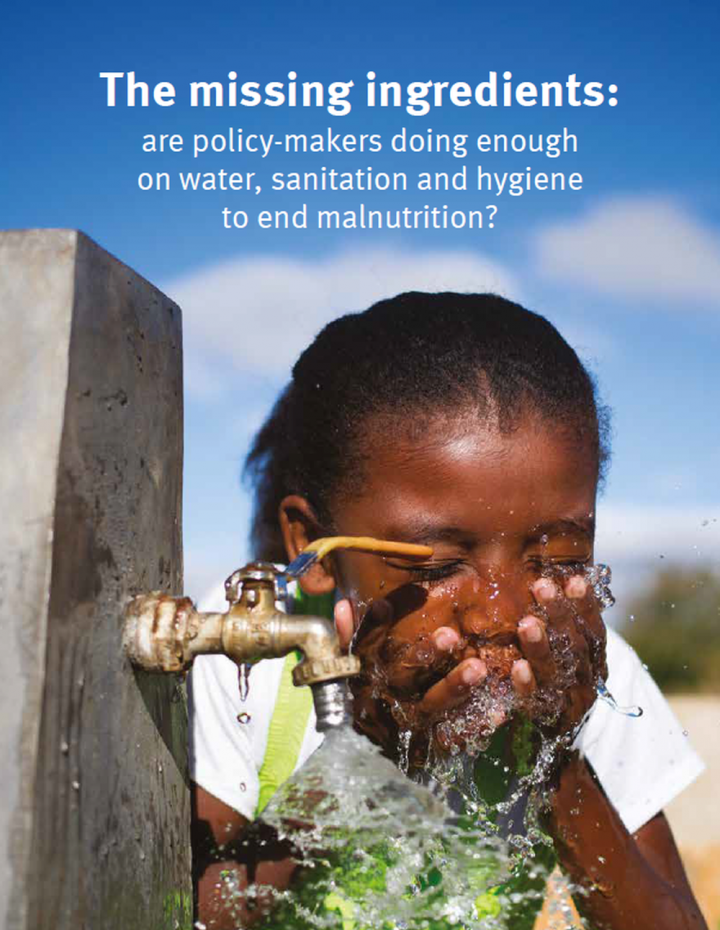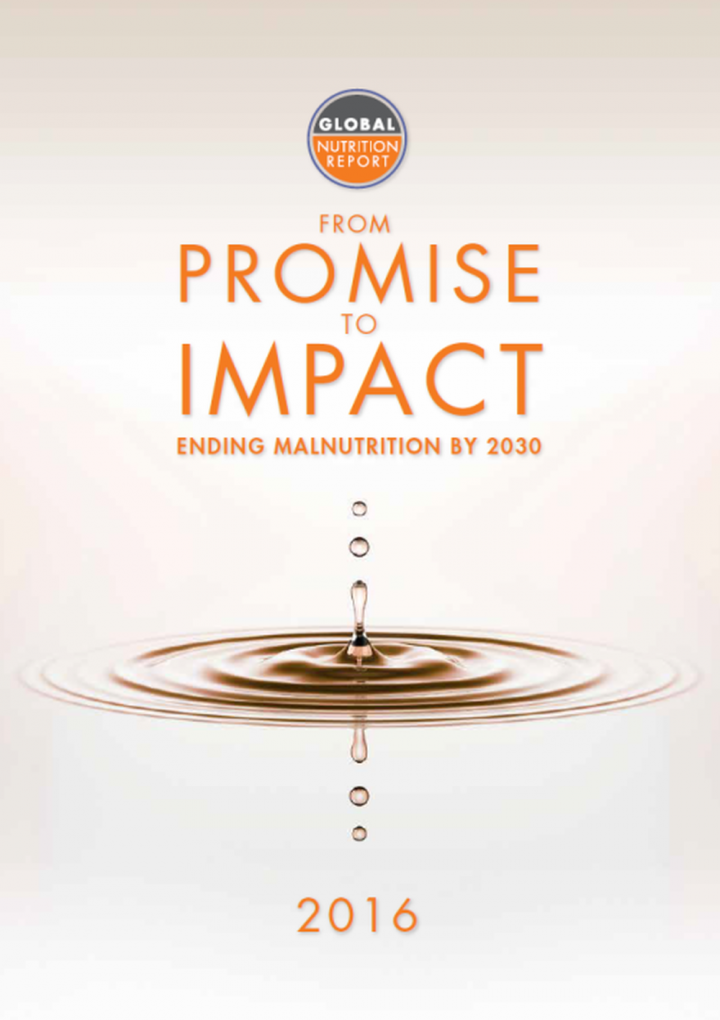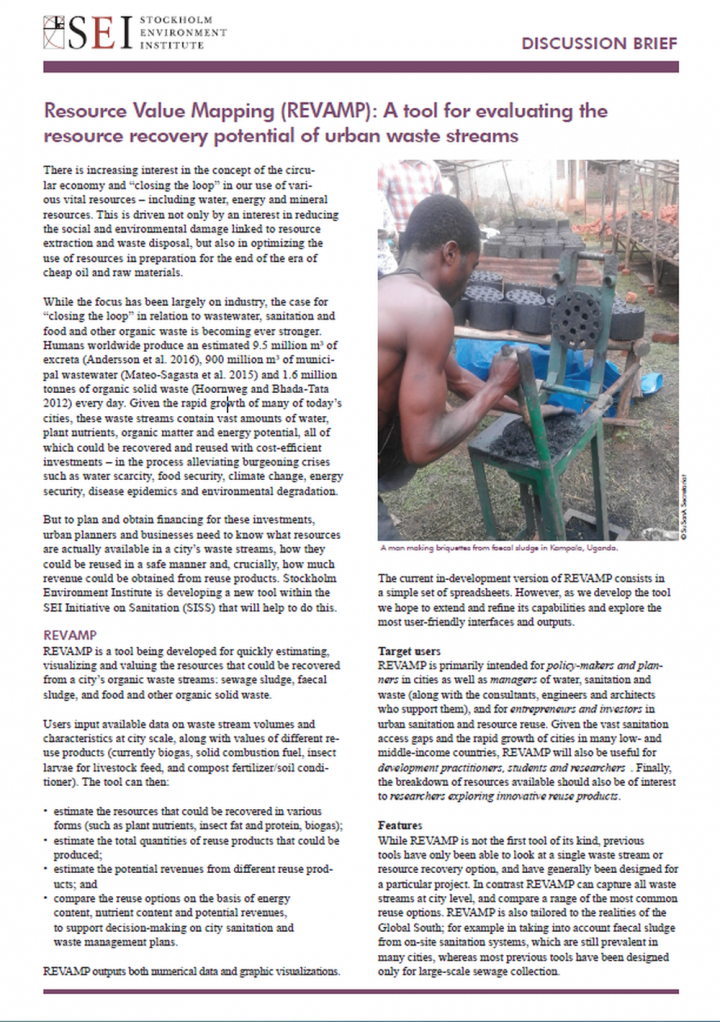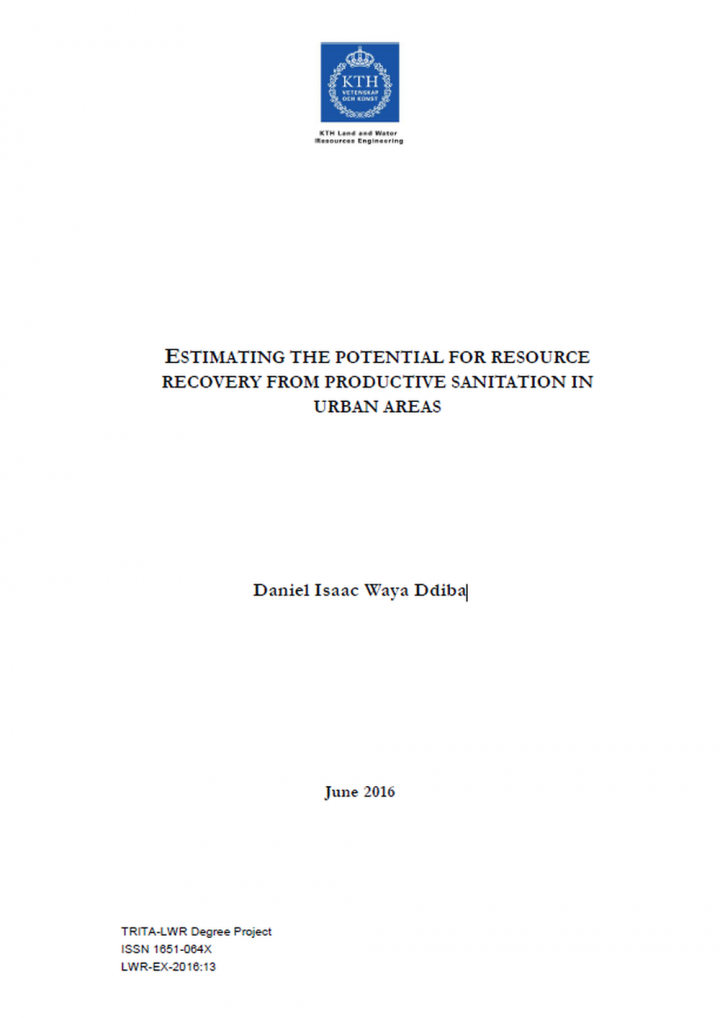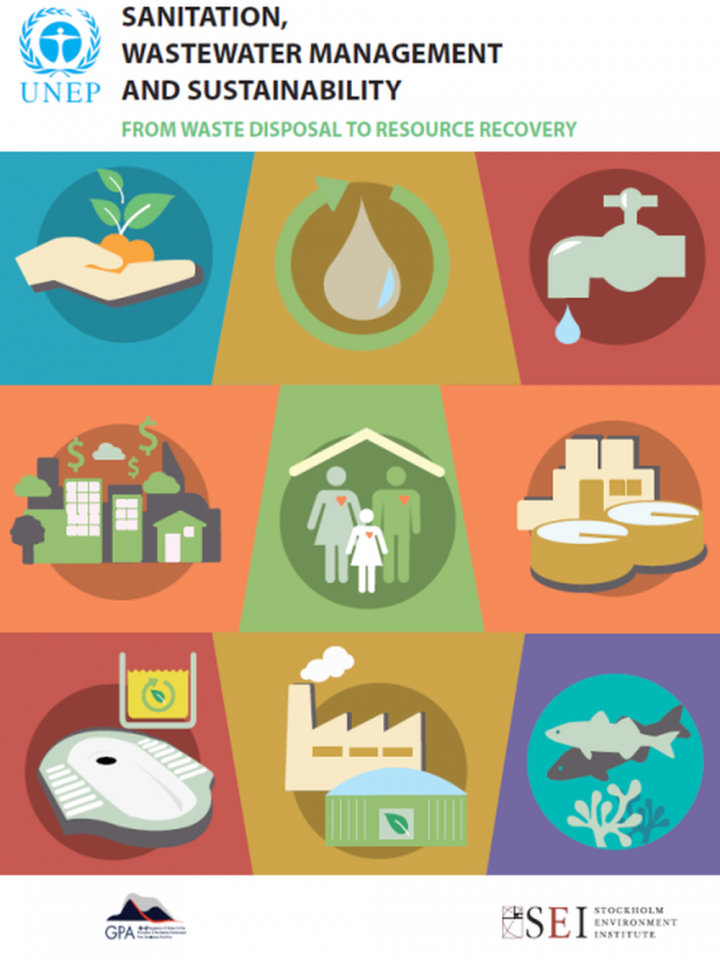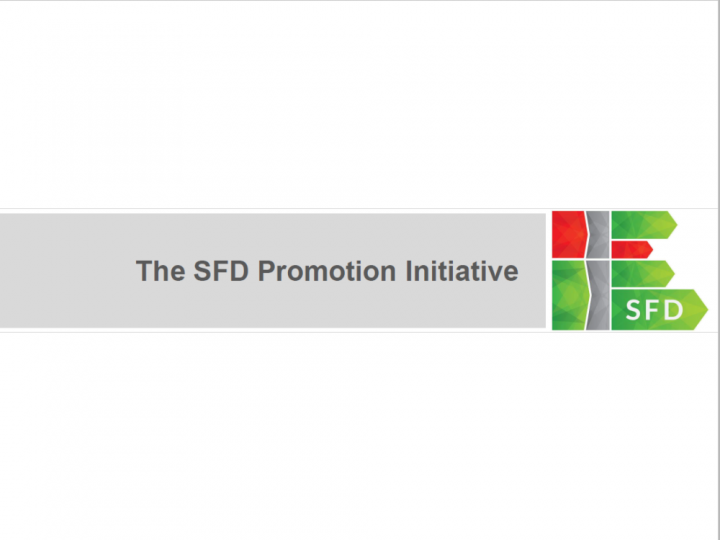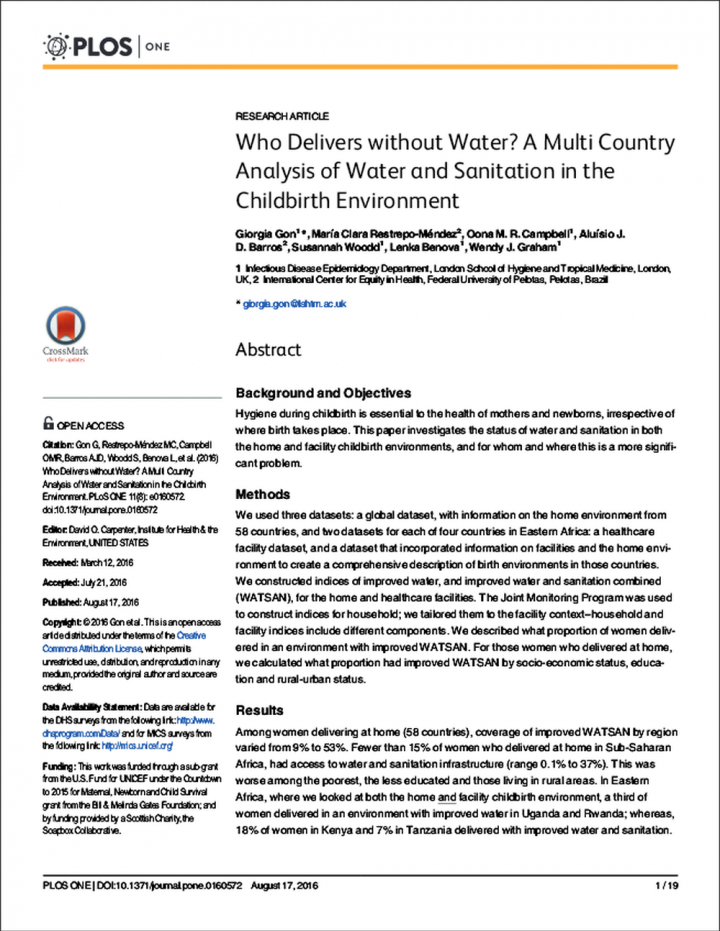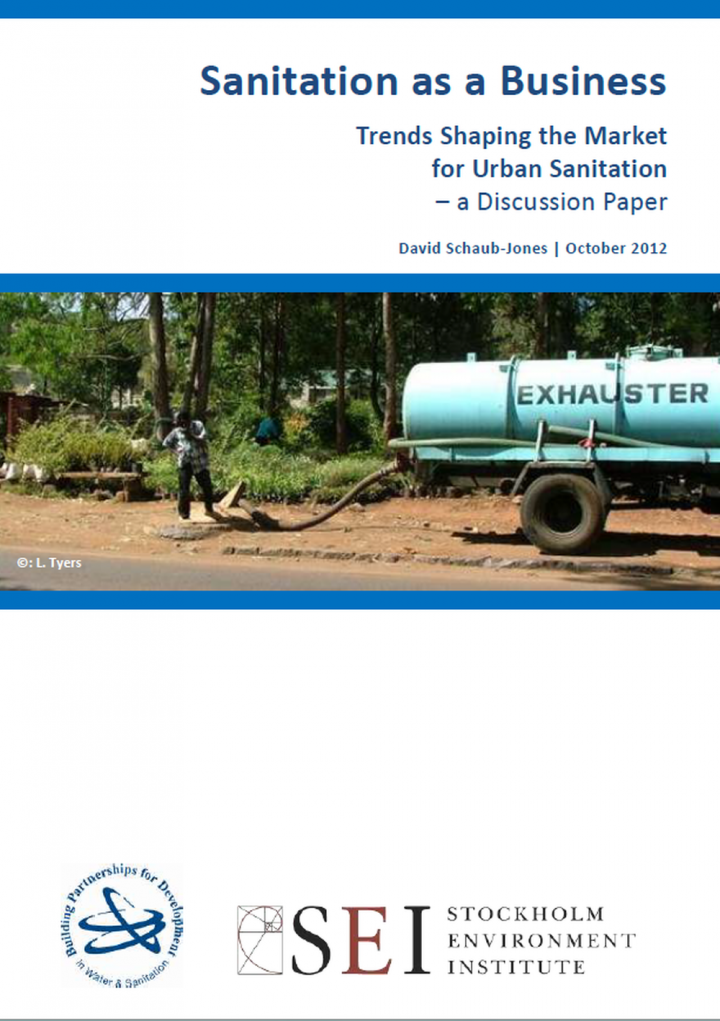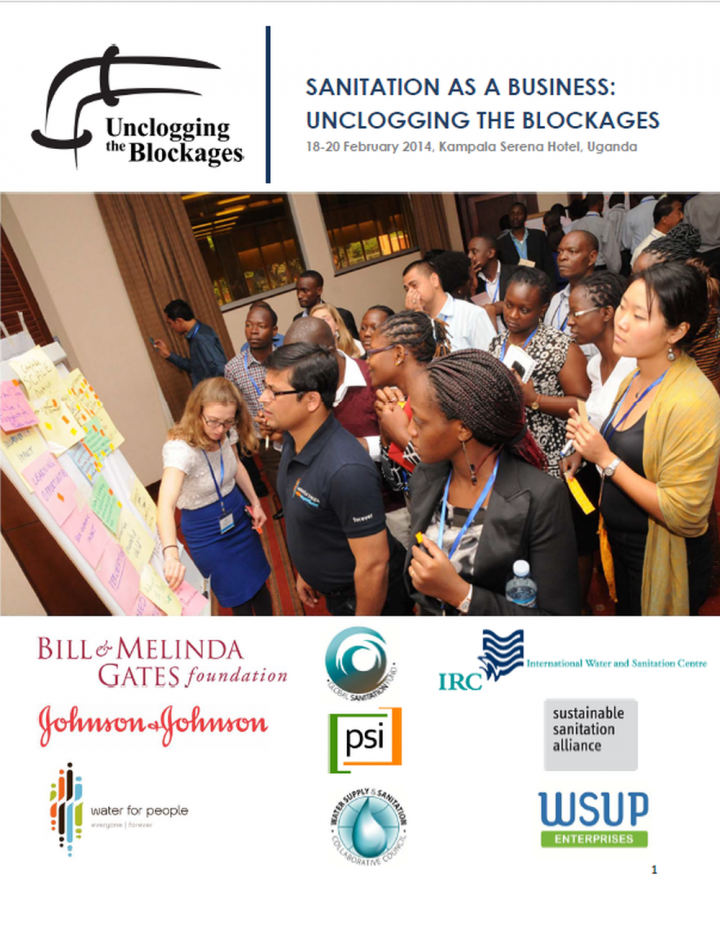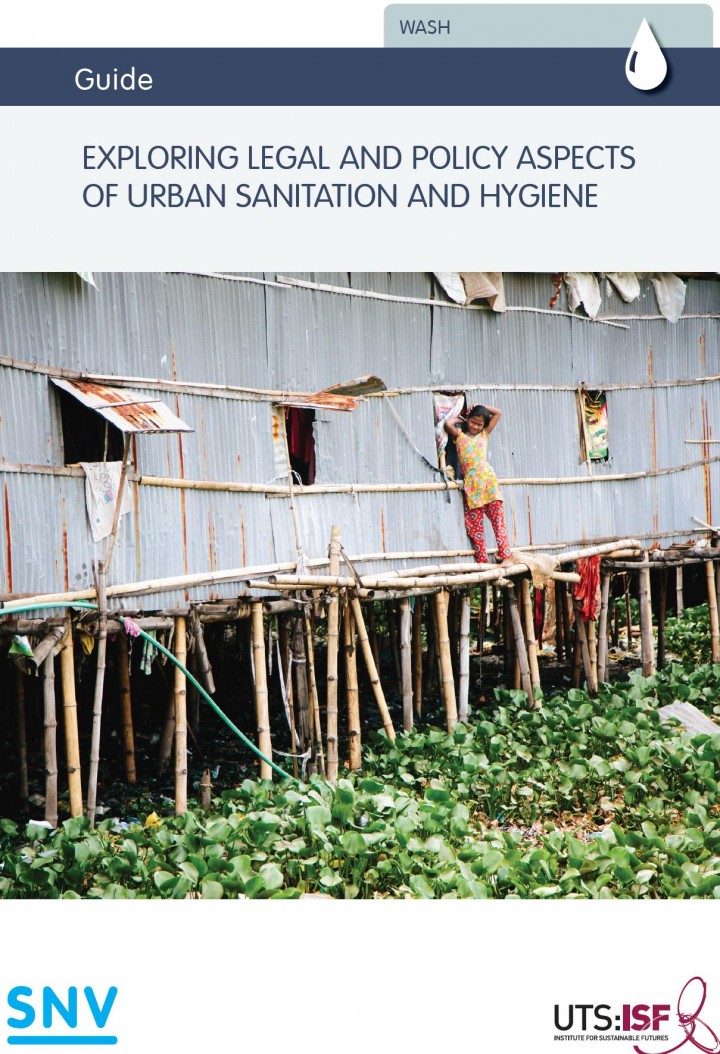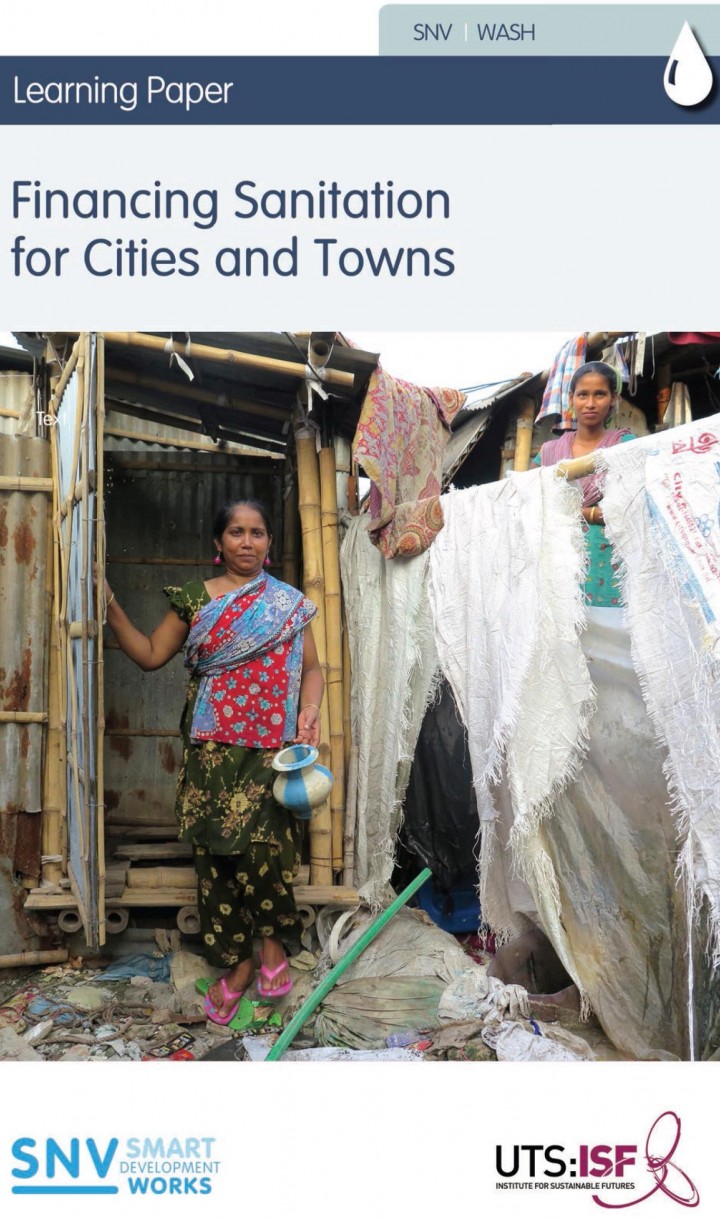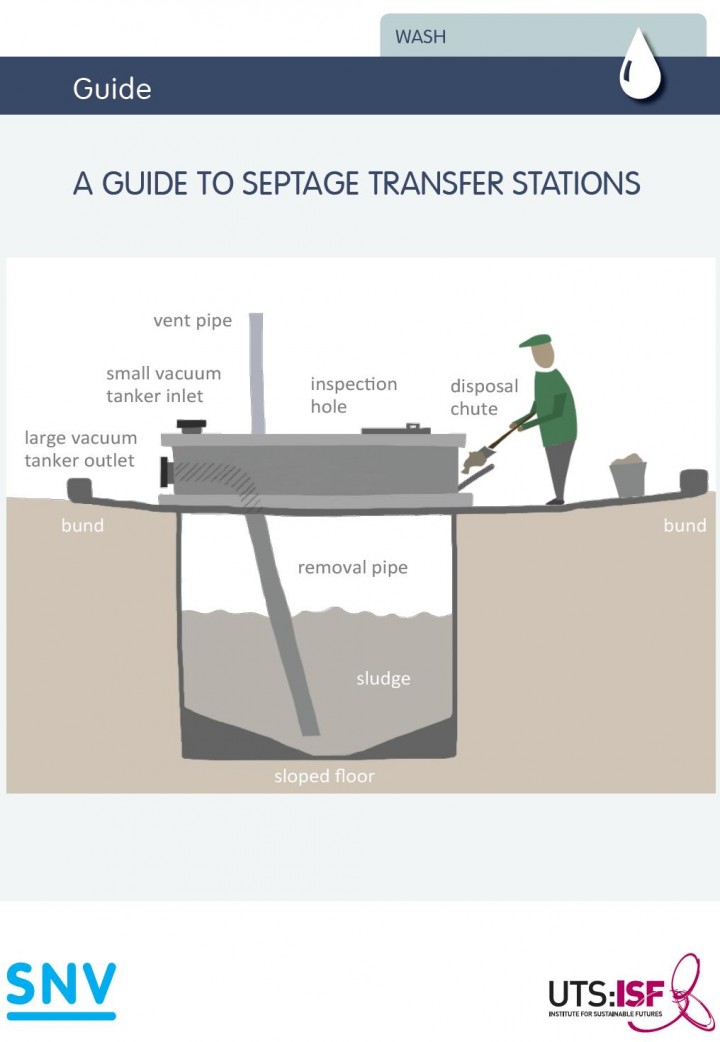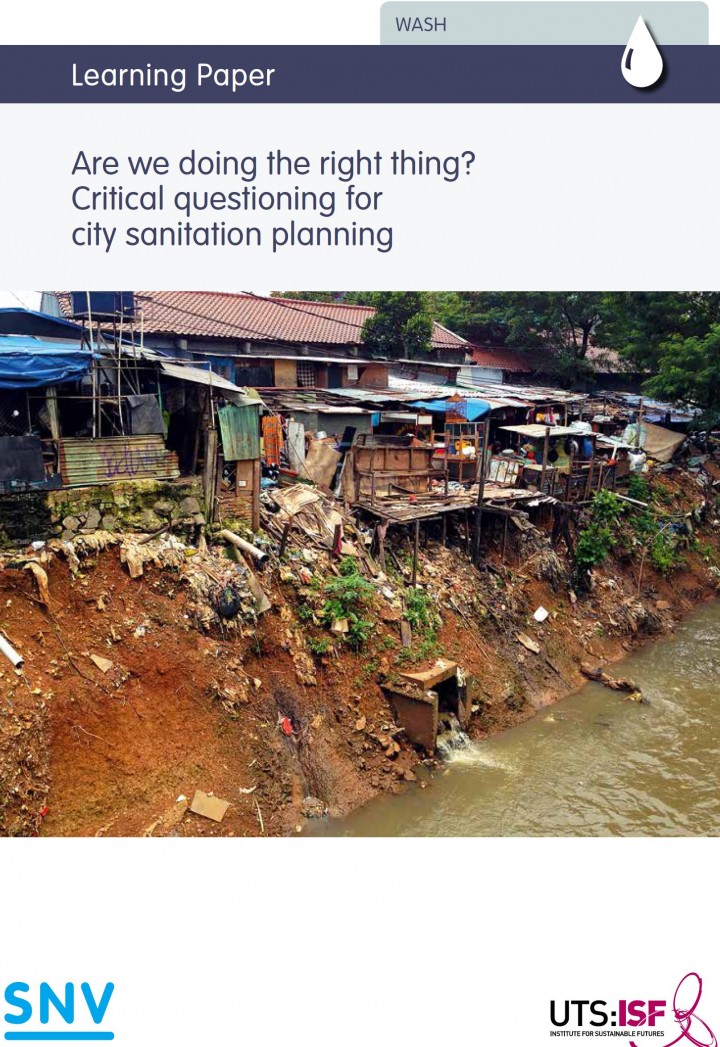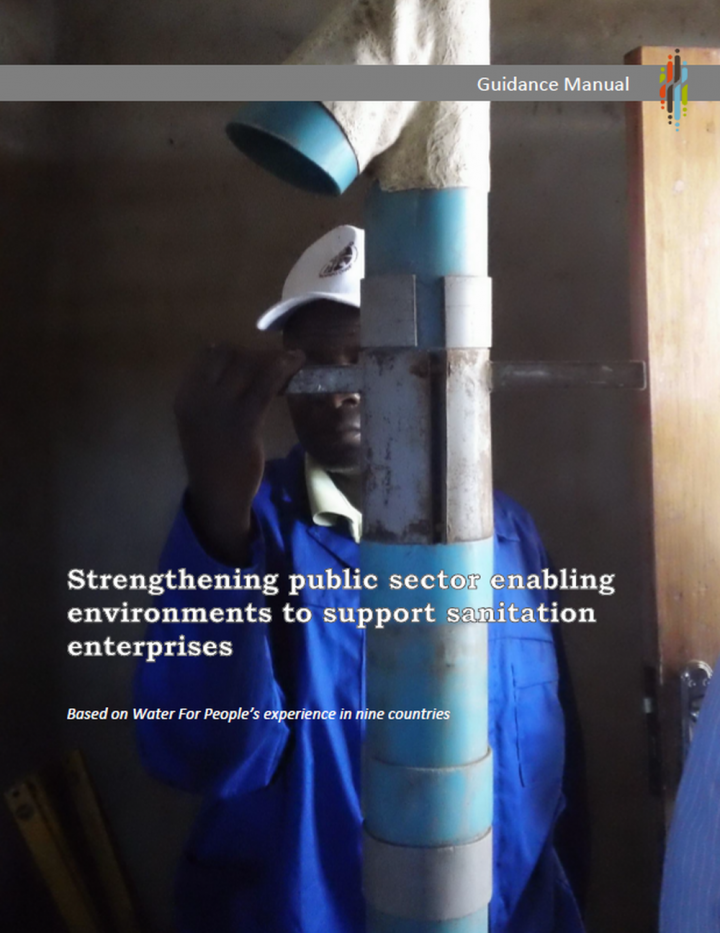Smith, L. C. et al. (2011) Admissible Evidence in the Court of Development Evaluation? The Impact of CARE’s SHOUHARDO Project on Child Stunting in Bangladesh
Along with the rise of the development effectiveness movement of the last few decades, experimental impact evaluation methods – randomised controlled trials and quasiexperimental techniques – have emerged as a dominant force. While the increased use of these methods has contributed to improved understanding of what works and whether specific projects have been successful, their ‘gold standard’ status threatens to exclude a large body of […]
WASHplus (2016) Compendium of WASHplus Tools and Resources to Facilitate WASH and Nutrition Integration An introduction
SHINE Trial Team (2016) The sanitation hygiene infant nutrition efficacy (SHINE) trial: rationale, design and methods
Child stunting and anemia are intractable public health problems in developing countries and have profound short- and long-term consequences. The Sanitation Hygiene Infant Nutrition Efficacy (SHINE) trial is motivated by the premise that environmental enteric dysfunction (EED) is a major underlying cause of both stunting and anemia, that chronic inflammation is the central characteristic of EED mediating these adverse effects, and that EED is primarily […]
CAWST (2014) Latrine Design and Construction Workshop (in English, French, and Spanish)
This collection contains the resources for both trainers and participants for the Latrine Design and Construction workshop. This five-day workshop is designed for latrine project implementers and masons. In this workshop, participants will learn how to design and construct latrines for low-income communities not connected to a sewerage system. The focus is on designing latrines that are technically and environmentally appropriate, and that people will […]
CAWST, Sandec (2016) Faecal Sludge Management Workshop
This collection contains the resources for both trainers and participants for CAWST and Eawag-Sandec's Introduction to Faecal Sludge Management workshop. This is a two-three day introductory workshop on FSM designed for various sanitation stakeholders. In this workshop, participants will learn about faecal sludge management for low-income communities not connected to a sewer. The workshop provides participants with an overview of technologies for faecal sludge collection, […]
Chitty, A., Jones, D., Wilson-Jones, M. (2016) The missing ingredients Are policy-makers doing enough on water, sanitation and hygiene to end malnutrition
Governments around the world have committed to end malnutrition by 2030. However, international and national nutrition plans and actions will fail if they don’t include all the ingredients for success. Evidence shows that scaling up nutrition-specific interventions to 90% coverage in 34 of the countries with the highest burden of child undernutrition, will only reduce stunting by 20%. This report highlights why water, sanitation […]
Haddad, L. et al (2016) Global Nutrition Report 2016 From Promise to Impact - Ending Malnutrition by 2030
The Global Nutrition Report is the only independent and comprehensive annual review of the state of the world’s nutrition. It is a multipartner initiative that holds a mirror up to our successes and failures at meeting intergovernmental nutrition targets. It documents progress on commitments made on the global stage, and it recommends actions to accelerate that progress. The Global Nutrition Report aims to be a […]
Ddiba, D. I. W., Andersson, K., Rosemarin, A. (2016) Resource Value Mapping (REVAMP): A tool for evaluating the resource recovery potential of urban waste streams
This discussion brief introduces a new tool being developed in the SEI Initiative on Sustainable Sanitation. There is increasing interest in the concept of the circular economy and “closing the loop” in our use of various vital resources – including water, energy and mineral resources. This is driven not only by an interest in reducing the social and environmental damage linked to resource extraction and waste […]
Ddiba, I.W.D. (2016) Estimating the potential for resource recovery from productive sanitation in urban areas
To-date, sanitation and waste management has mainly been approached from a public and environmental health perspective and this implies that excreta and other organic waste streams are seen not only as a hazard to quickly get rid of but also as only a very costly menace to manage. However, looking at sanitary and other urban organic waste streams from a resource recovery perspective provides an […]
Andersson, K., Rosemarin, A., Lamizana, B., Kvarnström, E., McConville, J., Seidu, R., Dickin, S. and Trimmer, C. (2016) Sanitation, Wastewater Management and Sustainability: from Waste Disposal to Resource Recovery
Few areas of investment today have as much to offer the global shift towards sustainable development as sanitation and wastewater management.1 Gaps in access to decent, functioning sanitation are clear markers of inequality and disadvantage. Unsafe management of excreta and wastewater expose populations to disease, and degrade ecosystems and the services they provide. At the same time, there is growing recognition that societies can no longer […]
Raj, S. et al. (2016) SFD Exchange Meeting - its use and potential in the sanitation sector Presentation from the SFD Exchange Meeting at World Water Week 2016 in Stockholm, Sweden
The SFD Promotion Initiative has been working over the past year to develop a consistent method and the tools for producing excreta flow diagrams, the SFD (also called Shit Flow Diagrams). SFD is a powerful visualization tool that summarizes and presents excreta flows from containment (user interface) to their final destination in a given city. The Initiative was introduced to the broader sanitation community during […]
Gon, G., Restrepo-Méndez, M.C., Campbell, O.M.R., Barros, A.J.D., Woodd, S., Benova, L., Graham, W.J. (2016) Who Delivers without Water - A Multi Country Analysis of Water and Sanitation in the Childbirth Environment
Background and Objectives Hygiene during childbirth is essential to the health of mothers and newborns, irrespective of where birth takes place. This paper investigates the status of water and sanitation in both the home and facility childbirth environments, and for whom and where this is a more significant problem. Methods We used three datasets: a global dataset, with information on the home environment from 58 countries, and two […]
Schaub-Jones, D. (2012) Sanitation as a business Trends shaping the market for urban sanitation – a discussion paper
In November 2011, Jefferson County, Alabama made world news by filing for the largest-ever American municipal bankruptcy. Bad housing loans? Pension liabilities too great? No, it was the huge cost of investing in new sewers that tipped them over the edge. Around the same time, a thousand miles to the North, the municipalities on Cape Cod, Massachusetts, were holding public meetings to discuss options for dealing […]
Nothomb, C. et al. (2016) Sanitation as a business Unclogging the blockages
The first Unclogging the Blockages conference took place in Kampala, Uganda from Feb 18-20 with the aim of putting on the table some of the major challenges facing the scale up of sustainable sanitation as well as in in collaborating towards innovative solutions. The conference gathered a diverse array of over 150 individuals both from within and outside the sanitation sector, including those working on […]
Bongartz, P., Vernon, N., Fox, J. (2016) Sustainable sanitation for all Experiences, challenges and innovations
Describing the landscape of sustainability of CLTS and sanitation with reference to the Sustainable Development Goals (SDGs) and through examples from Africa and Asia, the book captures a range of experiences and innovations from a broad range of institutions and actors within the WASH sector, and attempts to make recommendations and practical suggestions for policy and practice for practitioners, funders, policymakers and governments.
ISF-UTS, SNV (2016) Exploring legal and policy aspects of urban sanitation and hygiene
During 2012-2014, SNV did four country reviews of legal arrangements for urban sanitation and hygiene in Nepal, Bhutan, Bangladesh and Indonesia. Based on these experiences, this guide was developed to provide support and guidance for WASH practitioners undertaking a scan of legal arrangements to inform the design (use of frameworks and tools) and delivery (advocacy for improvements) of urban sanitation and hygiene programs.
ISF-UTS, SNV (2014) Financing sanitation for cities and towns
Planning and financing for sanitation in cities and towns in developing countries is often ad hoc and piecemeal. Stronger capacity to plan financing for sanitation infrastructure (and services) for the long term will lead to better outcomes. Planning for adequate long-term services requires consideration of the complete sanitation service chain over the lifecycle of the associated service infrastructure. This paper focuses on access to the […]
ISF-UTS, SNV (2016) A guide to septage transfer stations
Septage transfer stations have the potential to significantly reduce the amount of faecal sludge entering the environment by providing a local solution for septage disposal. Localised transfer stations shorten the time required for local operators to collect and transport septage, and they will be able to use smaller vacuum tanks that can navigate the densely populated residential areas. This guide provides information on the salient […]
ISF-UTS, SNV (2016) Are we doing the right thing? Critical questioning for city sanitation planning
Cities are clear examples of complex and rapidly changing systems, particularly in countries where urban population growth and economic development continue apace, and where the socio-political context strongly influences the directions taken. The concept of double-loop learning can be usefully applied to city sanitation planning. This paper prompts practitioners, policy-makers and development agencies to reflect on their approaches to city sanitation planning and the assumptions […]
Water for People (2016) Strengthening public sector enabling environments to support sanitation enterprises
Billions of people lack access to a decent toilet. Attempts to address this gap through direct-subsidy models have often been proven unsustainable as, given resource limitations, they are unable to provide desirable toilets that families are likely to use and maintain over time. Based on private sector success in low-income markets, business-based approaches may be able to help bridge this gap through sustainable market-based mechanisms […]
